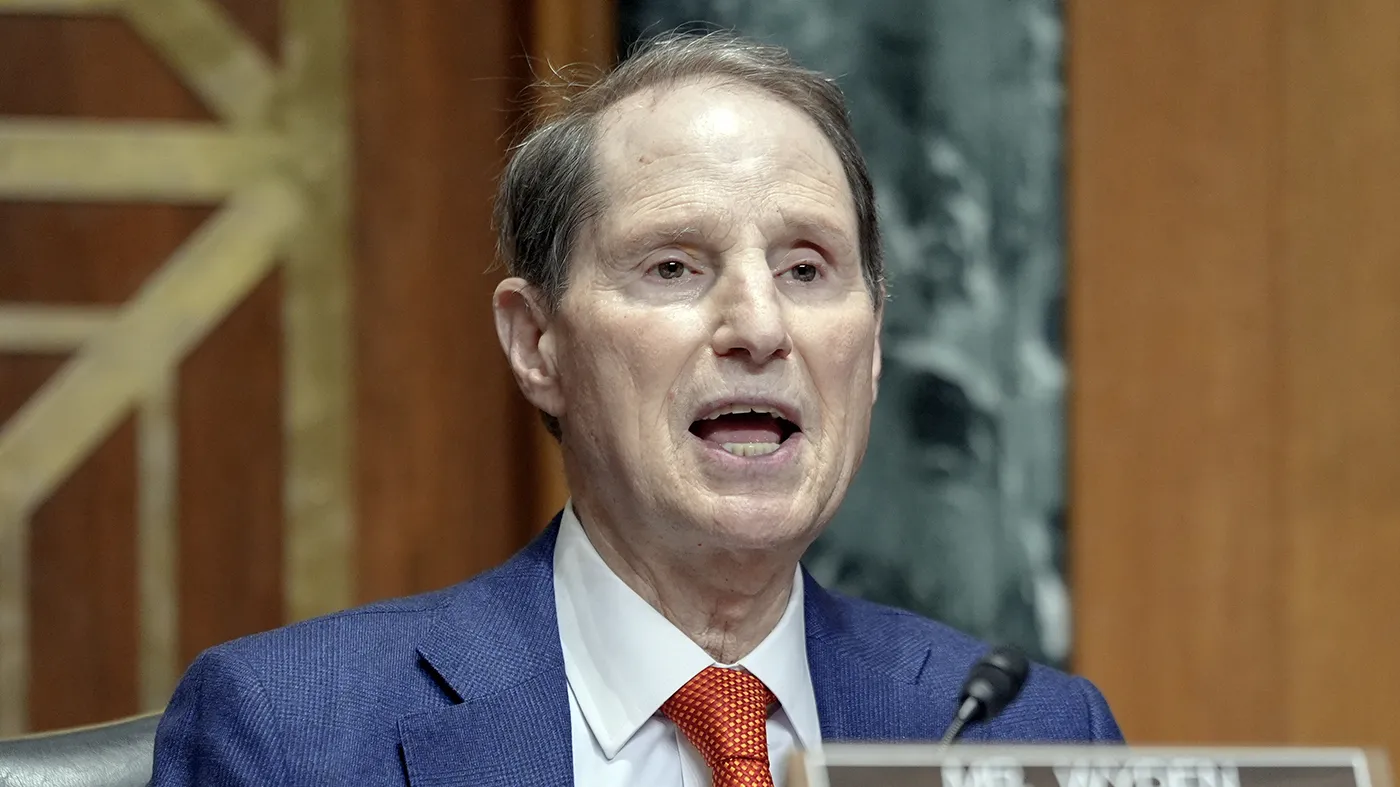Democrats Target Tax Avoidance Ahead of Tax Code Expirations in 2025

Democrats Take Action Against Tax Avoidance
Tax avoidance is a focal point as Democrats seek to address strategies employed by major corporations and wealthy individuals ahead of tax code expirations set for 2025. The Treasury Department recently proposed regulations targeting corporations with profits exceeding $1 billion, introducing a corporate alternative minimum tax (CAMT) aimed at enforcing a minimum tax rate of 15%. This initiative could significantly increase federal revenue, potentially bringing in $250 billion over the next ten years.
Financial Implications and Corporate Concerns
The proposed tax rules may potentially challenge the status quo, increasing corporate tax revenues by over 5%. Companies such as Berkshire Hathaway, AT&T, and Charter Communications are expected to be impacted, leading to backlash from major accounting firms concerned about the complexity of compliance.
Senate Democrats Address Wealthy Individual Tax Avoidance
In parallel, Senate Finance Committee Democrats are calling out tax avoidance behaviors of affluent individuals. Techniques like the “buy, borrow, and die” strategy are under scrutiny as lawmakers argue that previous tax reforms have exacerbated inequality.
International Tax Considerations
As Democrats ramp up their efforts domestically, international tax dynamics are also at play. Uncertainty looms over how domestic tax proposals like CAMT will align with global tax agreements currently under negotiation, particularly regarding a 15% global minimum tax.
This article was prepared using information from open sources in accordance with the principles of Ethical Policy. The editorial team is not responsible for absolute accuracy, as it relies on data from the sources referenced.